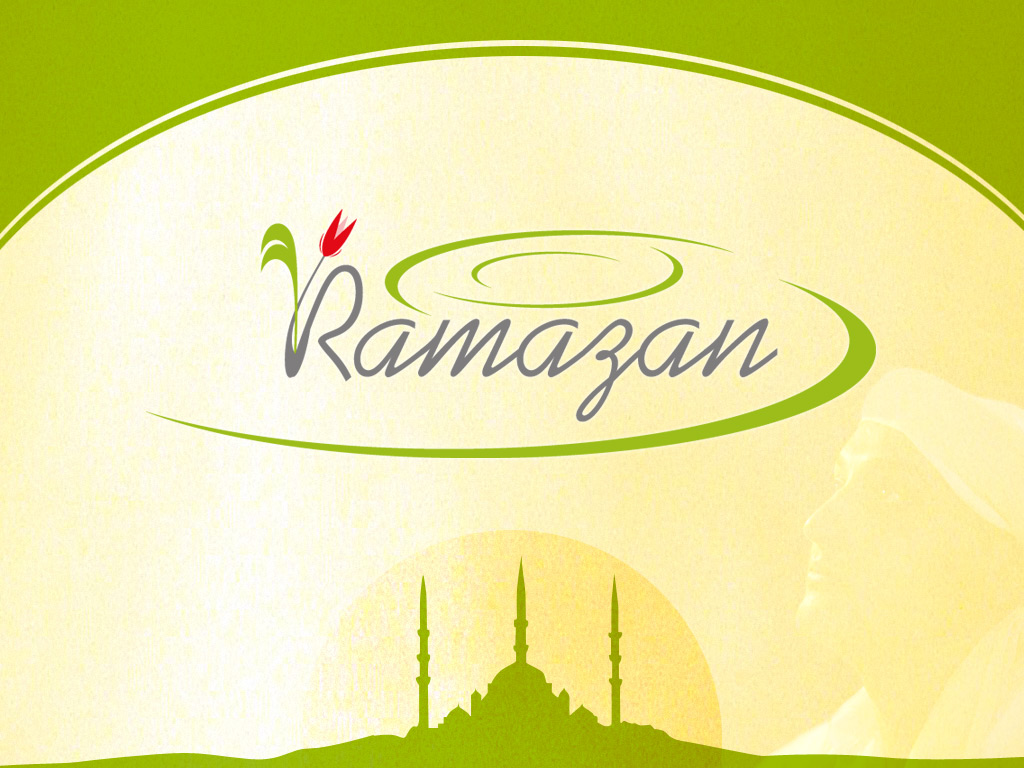Holy month of Ramadan starts

By Jamila Babayeva
The Caucasus Muslims Office (CMO) issued a fatwa on the start of the holy month of Ramadan.
"The first day of Ramadan begins on June 29 according to the Gregorian calendar and the Night of Intention on June 28," the fatwa says.
The Ramadan holiday will be marked on July 28 or 29 based on the Gregorian calendar.
The CMO jointly with the Shamakhi Astrophysical Observatory has prepared a special table and a note with the indication of the start and end of fasting for each day calling on Muslims to follow this table.
Ramadan has an important role in Muslim's life. As fasting is observed during the month of Ramadan, it is called "Fasting of Ramadan". Ramadan is considered as the most merciful and holiest month of the year for Muslims.
In metaphoric sense, it is called "the Sultan of eleven months", because at one of the nights of this month, the holy Koran was revealed.
These nights are also called "Gadir" or "Ahya" nights. The exact date of Gadir night is not clear yet. There are various accounts of it. But the general opinion is that Gadir night is one of last ten nights of Ramadan, the night of odd day.
Fasting begins in the month of Ramadan when the new moon appears and lasts for 29-30 days. It is written in Koran: "As morning comes and white thread distinguishes from black thread, you may eat and drink and then complete your fast till the night."
During Ramadan, eating, drinking and smoking a cigarette are not allowed at day time. Only the children, the sick, pregnant women, soldiers, and travelers are exempted from this rule. Fasting men are not allowed to use antimony, perfume, tobacco, smell a flower and avoid other actions which breaches fasting.
During the period of fasting, Muslims avoids the world pleasures, though continue their daily functions. They are dedicated to the worship of Allah, and keep their hearts clean, so Satan can't find a way in their soul.
Therefore, fasting is not merely a physical action. It is also a commitment of the person's body and soul to the spirit of fasting. Ramadan is a time to practice self-restraint, to clean the body and soul from impurities and re-focus oneself on the worship of God.
During Ramadan, every part of the body should be restrained - the tongue from backbiting and gossip, the eyes from looking at unlawful things, the hand from touching or taking anything that does not belong to it, the ears from listening to idle talk or obscene words and the feet from going to sinful places. This way, every part of the body is fasting.
Fasting promotes detoxification and resolution of inflammatory processes as well as drying up of abnormal fluid accumulations. It gives the digestive system a much-needed rest, quiets allergic reactions, including asthma and hay fever, corrects high blood pressure without drugs, makes it easy to overcome bad habits and addictions such as tobacco and alcohol, rapidly dissipates the craving for nicotine, alcohol, caffeine and other substances.
Furthermore, fasting clears the skin and whitens the eyes, and restores taste appreciation for wholesome natural foods. It is the perfect gateway to a healthy diet and lifestyle. Going on a fast gives you the motivation and enthusiasm to make a fresh start. Fasting initiates rapid weight loss with little or no hunger. Most people are surprised at how little desire for food they have while fasting.
Muslims start fasting when they reach puberty, so long as they are healthy, sane and have no disabilities or illnesses. Exemptions to fasting are travel, menstruation, severe illness, pregnancy, and breast-feeding.
Each day before dawn, Muslims observe a pre-fast meal called suhoor. After stopping a short time before dawn, Muslims begin the first prayer of the day, the Fajr prayer. At sunset, families hasten for the fast-breaking meal known as iftar.
In the evening, dates are usually the first food to break the fast; according to tradition, Muhammad broke the fast with three dates. Afterwards, Muslims generally adjourn for the Maghrib prayer, the fourth of the five daily prayers, after which the main meal is served. Water is usually the beverage of choice.
Iftar is a time of fellowship with families, friends and surrounding communities.
The fasting phase finishes upon the sighting of the next new moon, which takes place after 30 days.
The Muslim holiday Eid ul-Fitr (festivity of breaking the fast) marks the end of Ramadan and the beginning of the next lunar month called Shawwal in Arabic. This first day of the following month is declared after another crescent new moon has been sighted or the completion of fasting if no visual sighting is possible due to weather conditions.
Ramadan conveys the sense of emotional enthusiasm and religious eagerness among Muslims. Ramadan highlights Muslim brotherhood and customs and brings about a special feeling of closeness.
So, may you have a happy Ramadan and patience in this holy month!
Here we are to serve you with news right now. It does not cost much, but worth your attention.
Choose to support open, independent, quality journalism and subscribe on a monthly basis.
By subscribing to our online newspaper, you can have full digital access to all news, analysis, and much more.
You can also follow AzerNEWS on Twitter @AzerNewsAz or Facebook @AzerNewsNewspaper
Thank you!
